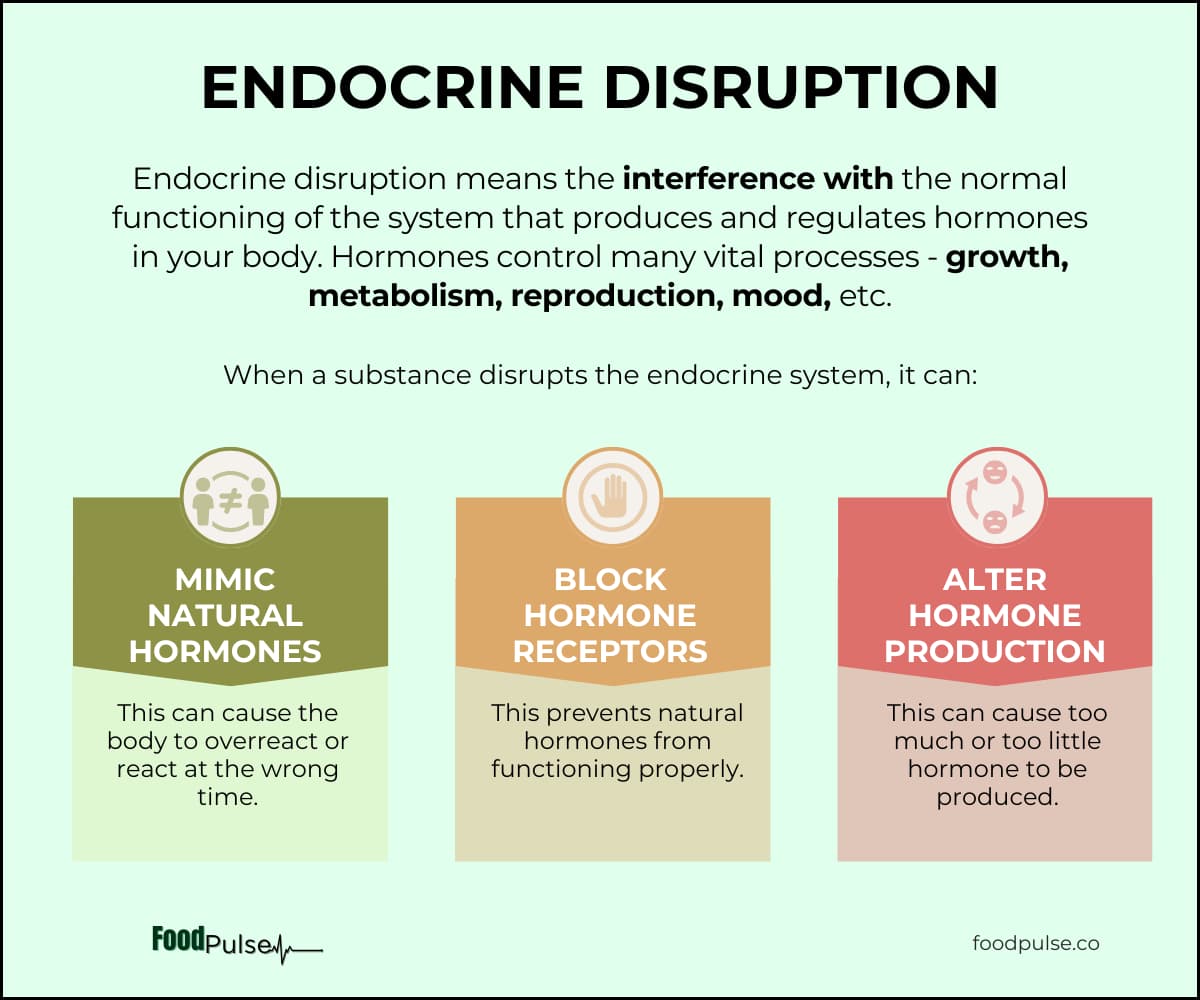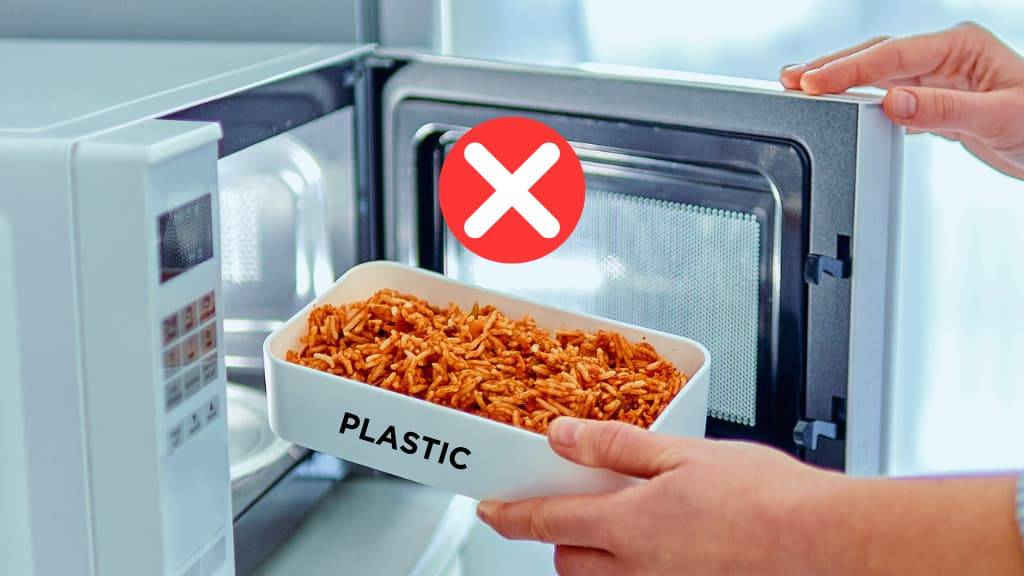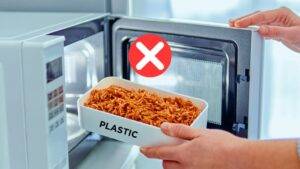You may know that microwaving your food in a plastic bowl is not safe. But why? In this article, you’ll get to know the reason and what you can do even if you still prefer to use plastic bowl for microwaving, or you find yourself in a situation where that’s the only choice you’ve got.
Here’s a fact. A study in the UK says about 70% of food and drink items contain plastic in the packaging. And similar was observed for other countries.
The point is, plastics have become so abundant, easy to get and sipped deep into every aspect, but most especially in food case.
But why is it not ok to microwave food in plastics?
Let’s do a tiny bit of science here, nothing to be scared of. You know, plastics expand and can soften or even melt when you heat them.
The specific temperature depends on the type of plastic, its chemical structure, any additives added, and how it was made by the manufacturer.
When the heat is high enough (which you mostly wouldn’t know exactly at home), the chemicals in the plastic break down and become lose. Mostly, these chemicals are harmful to human health.
They can cause hormonal imbalance, negatively affect reproduction. If exposed to these chemicals for long, they can cause cancer. There’s more on the health issues here
Here’s a quick note on endocrine disruption before we move on.

This endocrine disruptions can lead to:
- developmental problems
- reproductive disorders
- metabolic issues
- certain cancers
- mood swings
Which chemicals leach when you microwave food in plastics?
Plastics are generally made of monomers (single blocks), plasticizers (added to make it flexible), stabilizers, and other additives. And these can easily move into food once the food is in the plastic container.
Here are some examples of these chemicals:
- BPA
- Phthalates
- Organotins
- Lead and cadmium
- Brominated flame retardants
BPA (Bisphenol A)
BPA (Bisphenol A) is used in polycarbonate plastics, which are found in various products like food bowls and drink containers. Not every single kind of plastic contains BPA but it’s pretty much in many many plastic packaging and products.
Potential health concerns of BPA
- BPA exposure can result in decreased fertility in both men and women, early puberty in girls, and altered development of reproductive organs.
- It can increase the risk of obesity, diabetes, hyperglycemia, body measurements, cardiovascular disease (CVD) and hypertension.
- Some research states that BPA exposure may affect brain development and behaviour, particularly in children.
- It can also interfere with the endocrine androgen and thyroid hormone system’s function. It can mess up with hormones that control growth, metabolism, and reproductive health leading to disorders in these areas.
Phthalates
Phthalates are a type of plasticizers. And plasticizers are chemicals added to plastics to make them flexible and sometimes transparent. They’re lipophilic, meaning they “love” fats & oils and can bind to them. This means heating oily foods in plastic bowls can lead to leaching of more phthalates into the food.
Examples of phthalates are benzyl butyl phthalate (BBP), dibutyl phthalate (DBP), bis-(2-ethylhexyl) phthalate (DEHP) and di-n-octyl phthalate (DOP).
Potential health concerns of phthalates
Phthalates disrupt the endocrine system and have been connected to:
- reproductive tract disorders such as reduced sperm motility.
- some liver and kidneys disorders.
- changes the age of puberty.
- improper development of the fetus in a few cases of pregnancy.
Other plasticizers and additives
Organotins: they’re stabilizers particularly in the production of polyvinyl chloride (PVC). They’re supposed to prevent the PVC from breaking down under heat and light. But when the heat is high enough, they break free and leach. If in contact with food, you know what that means. Some are endocrine disruptors.
Brominated flame retardants (BFR): they’re chemicals added to plastics to reduce flammability, meaning preventing them from catching fire. Some research say they may have negative effects on the nervous system, reproductive system, the hormonal system and even cause some types of cancer.
Lead and cadmium: these heavy metals are in some plastics and they can leach out if the plastic reused over a long period. Lead and cadmium contamination can cause several health issues including developmental delays and disorders to the nervous system.





